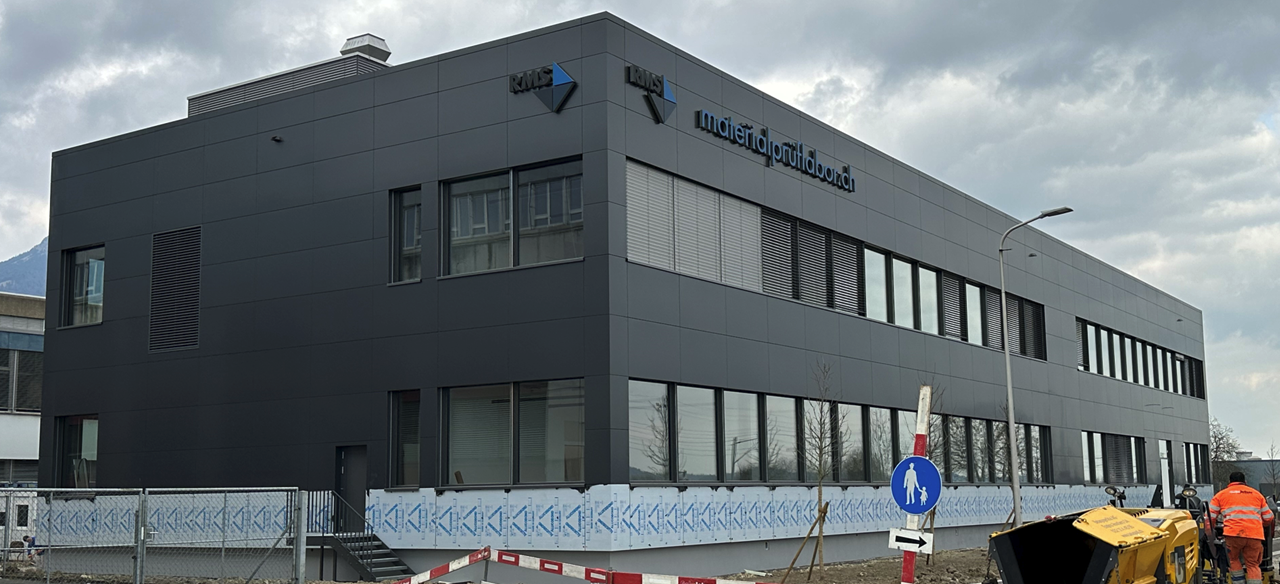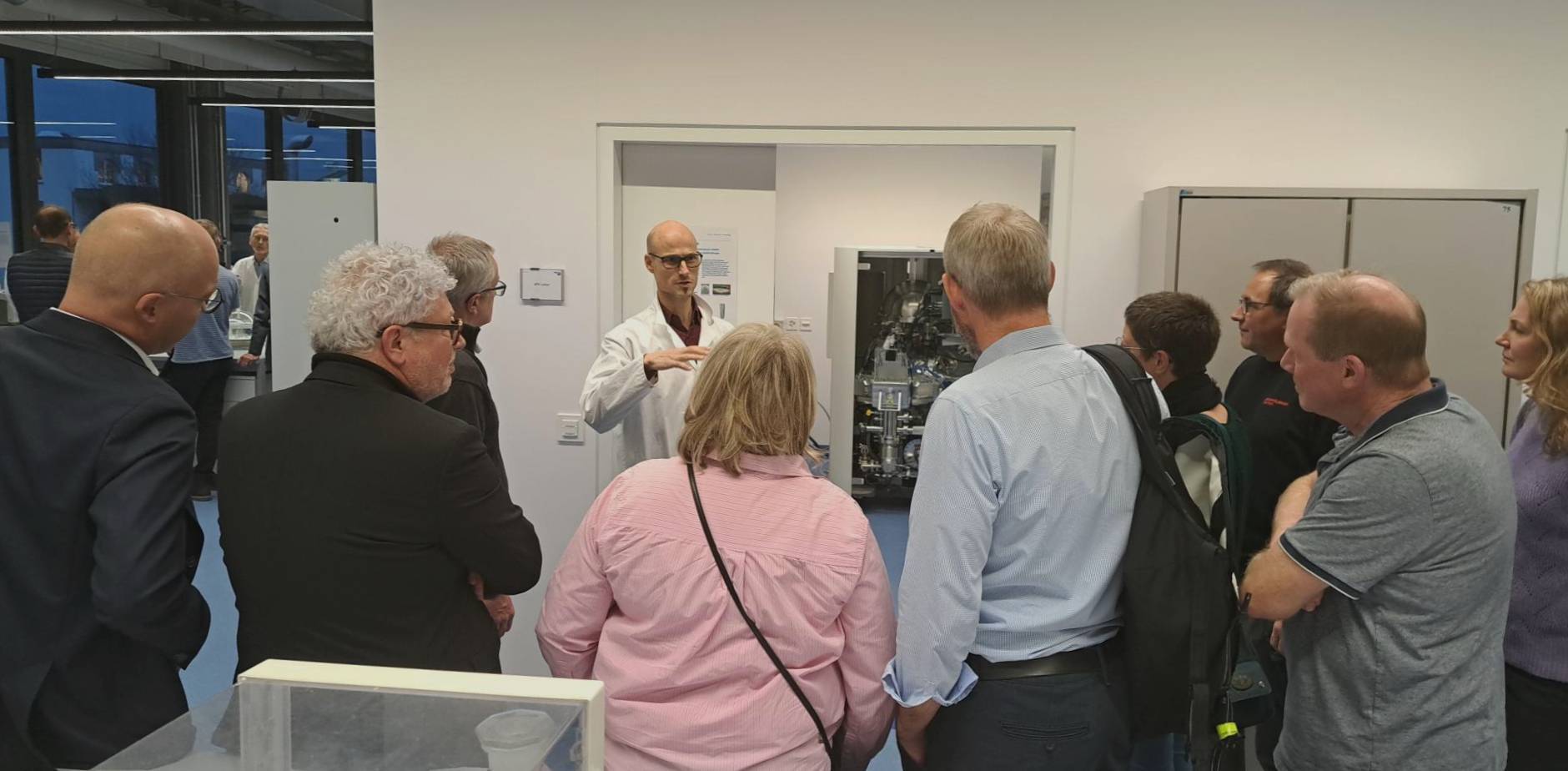IL-38: Calcium phosphate materials for research applications
RMS Foundation has been active in the research of calcium phosphate bioceramics for more than 35 years. During this time, our experts have developed materials with outstanding physical and chemical properties. As a testing, research, and consulting institute, we offer our expertise to partners from academia and industry. Our services include transfer and implementation of specialized manufacturing processes to the clients’ facilities, consulting to improve existing processes, and supply of raw materials and samples for research projects.
High purity α-TCP powder
![]() Our in-house produced α-TCP (α-Ca3(PO4)2) reaches a phase purity of 98% or more. The material can be mixed with water to form a cement paste. A passivated variation is more convenient to use in production pro-cesses requiring longer processing times, e.g. for 3D printing / robocasting. A standard production batch yields up to 3 kg, and the process allows fine adjustments to the Ca:P ratio and the final particle size.
Our in-house produced α-TCP (α-Ca3(PO4)2) reaches a phase purity of 98% or more. The material can be mixed with water to form a cement paste. A passivated variation is more convenient to use in production pro-cesses requiring longer processing times, e.g. for 3D printing / robocasting. A standard production batch yields up to 3 kg, and the process allows fine adjustments to the Ca:P ratio and the final particle size.
- Phase purity: > 98 wt%
- Impurities with β-TCP, β-CPP, HA: 0 - 1 wt%
- Batch size: 2.5 - 3 kg
Figure 1: Highly densified grain structure of a β-TCP disk before (top) and after (bottom) partial resorption by macrophages [3].
Amorphes CaP / nano-α-TCP
Amorphous calcium phosphate (ACP) and nanoparticulate α-TCP powders of high chemical purity are produced by precipitation synthesis and thermal treatment. When used in pastes for cement applications or 3D printing / robocasting, these nanoparticulate materials allow to optimize the flow, injectability, and setting characteristics. ACP reacts quickly with aqueous solutions, whereas the reaction of nano-α-TCP is initially delayed, but then proceeds more rapidly than our regular high-purity α-TCP.
- Phase purity: >98 wt-%
- Crystallite size: ~80 nm
- Specific surface area: 12 – 15 m2/g
- Chemical impurities: <20 ppm
- Batch size: 15 – 20 g
Ultra-pure β-TCP
Ultra-pure β-TCP (β-Ca3(PO4)2) is produced from highly pure raw materials in an optimized precipitation process that allows us to control the final phase purity and to incorporate specific chemical substitutions [1]. Due to the precise control over the chemical composition, this material can be used to investigate the effects of ionic substitutions on biological, chemical, and physical properties of the material without interference from impurities.
- Phase purity: >99%
- Chemical impurities: <20 ppm
- Substitutions: Sr, Mg, Cu, Gd…
- Batch size: 15 – 20 g
Dense β-TCP
Using our ultra-pure β-TCP and an optimized slip-casting process, we can produce disks of highly densified β-TCP. Other phase compositions (HA, BCP) can be produced upon request. Due to a density of >99%, polished surfaces are extremely smooth and allow to visualize osteoclast pits by electron or confocal microscopy. The size of our disks is matched to 96 well plates, which makes them an ideal substrate for cell experiments. Modifications to provide calcium or phosphate enriched surface compositions are also possible [2].
- Phase purity: >99%
- Chemical impurities: <20 ppm
- Density: >99%
- Diameter β-TCP discs: ~5 mm, height ~2 mm
Material characterizations
RMS Foundation offers a comprehensive suite of physical and chemical analytical services for characterizations of calcium phosphate materials and products according to the relevant ISO and ASTM standards.
[1] Le Gars Santoni, B. et al., J. Eur. Ceram. Soc. 41 (2021), 1683-1694.
[2] Döbelin, N. et al., J. Eur. Ceram. Soc. 40 (2020), 6095-6106.
[3] Sblendorio, G. A., PhD thesis, EPFL, Switzerland (2021).

